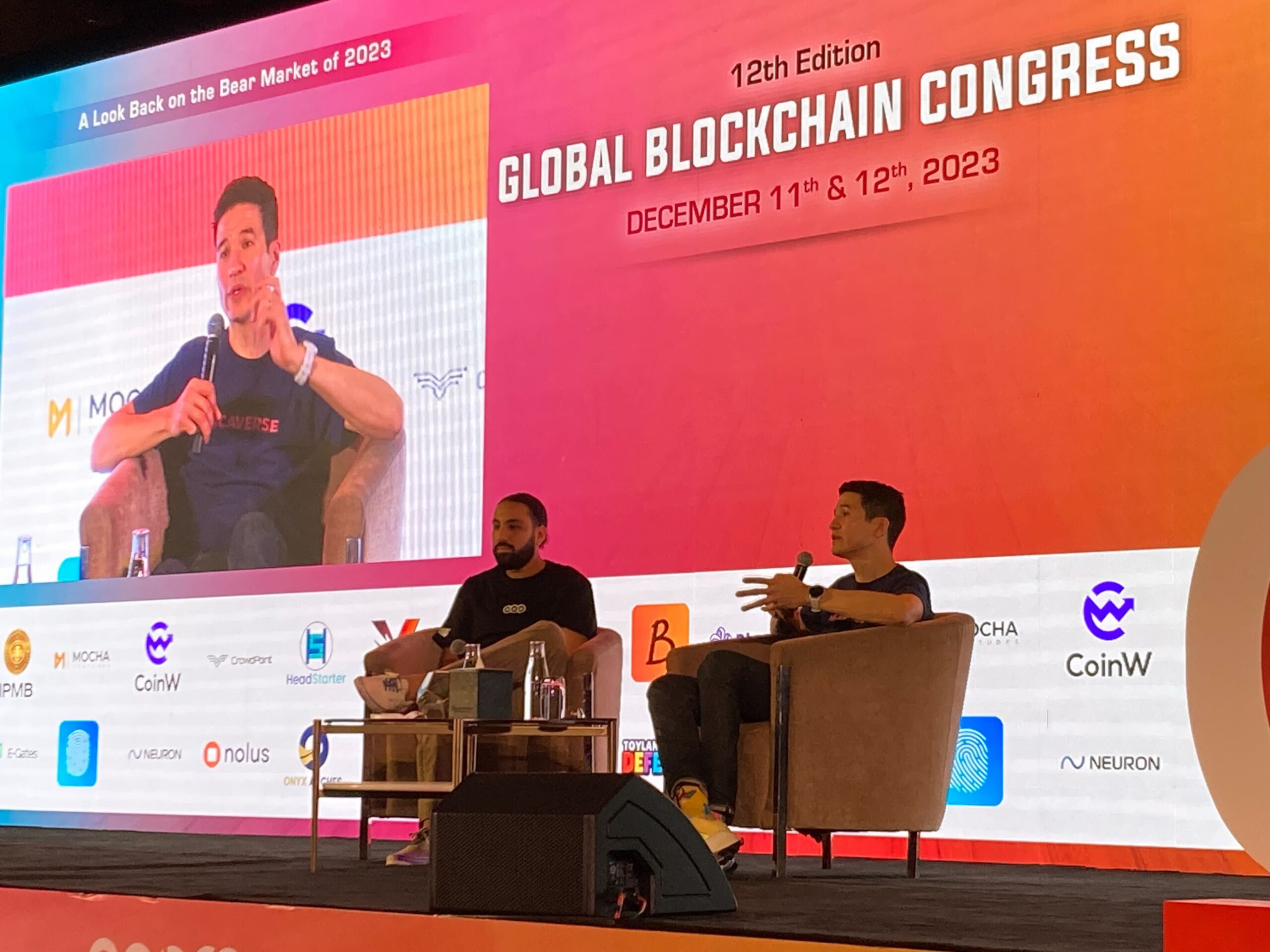Animoca Brands CEO Robby Yung announced that the Hong Kong-based gaming company plans to continue supporting the industry economy and promoting interoperability through investments focused on 2024 and various initiatives to encourage mass adoption of the Web3 space. Speaking at the 12th Global Blockchain Congress in Dubai, Yung discussed the success of Animoca.
Important Statements from Animoca Brands CEO
Robby Yung stated that he believes the gaming sector will be the primary driving force for the adoption of the Web3 sector. In addition, the company is exploring various incentive programs, such as training courses, to support creators through efficient infrastructure and network effects. Yung emphasized that Web3 tools such as NFTs enable content creators to earn money in a decentralized environment that promotes a fairer and more profitable platform:
“For example, this incentive provides a set of tools through NFTs that empower teachers, allowing them to earn money from the content they already produce and to do so at lower costs and in a way that benefits them more directly.”
Education-focused NFTs are presented as a concept designed to consolidate co-publishing rights of specific educational content created and shared on the TinyTap platform, an educational technology subsidiary of Animoca. Yung added that such Web3 platforms offer educators the opportunity to distribute content peer-to-peer and establish direct relationships with their students.

Solutions for Content Creators
Yung continued his remarks on the subject, highlighting the difficulties content creators face on Web2 platforms, pointing out the lack of control and fair compensation. Yung made the following statement:
“Artists on any creator-focused platform generally cannot earn the revenue they obtained with previous models. We think this is really unfair. We need a more comprehensive experience for creators to establish a direct relationship with their audience.”
Animoca also emphasizes the adoption of content creators in the Web3 space through interoperability. Yung mentioned that a significant part of this effort is the Mocaverse project, which develops gamification and identity systems among different Web3 applications. In addition, Yung declared his active participation in the Open Metaverse Alliance for Web3 to promote interoperability standards across the industry.









